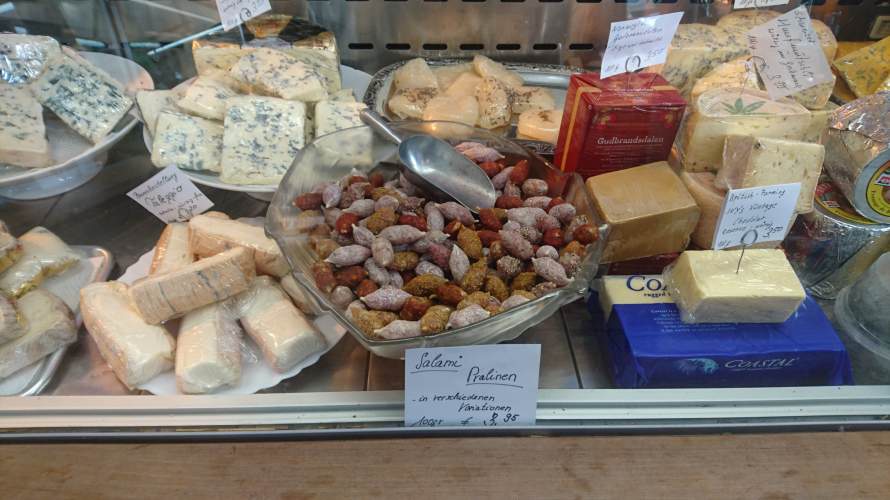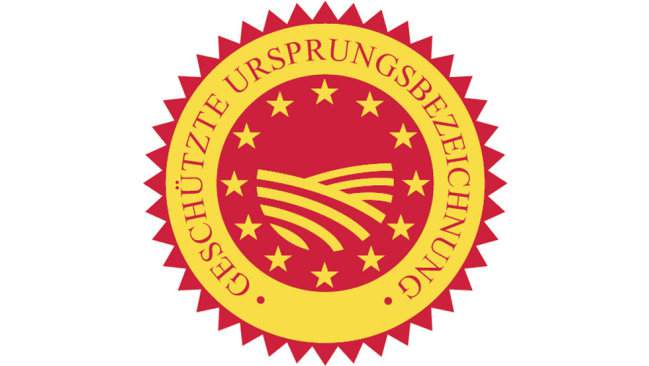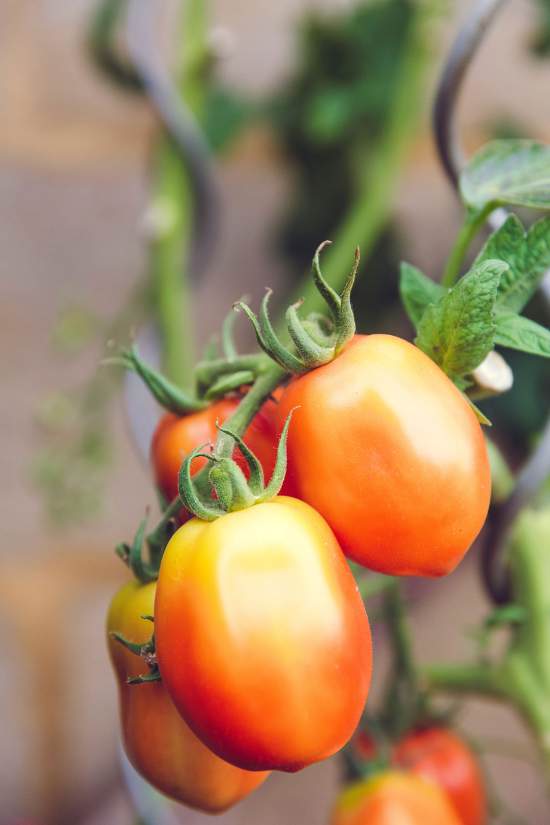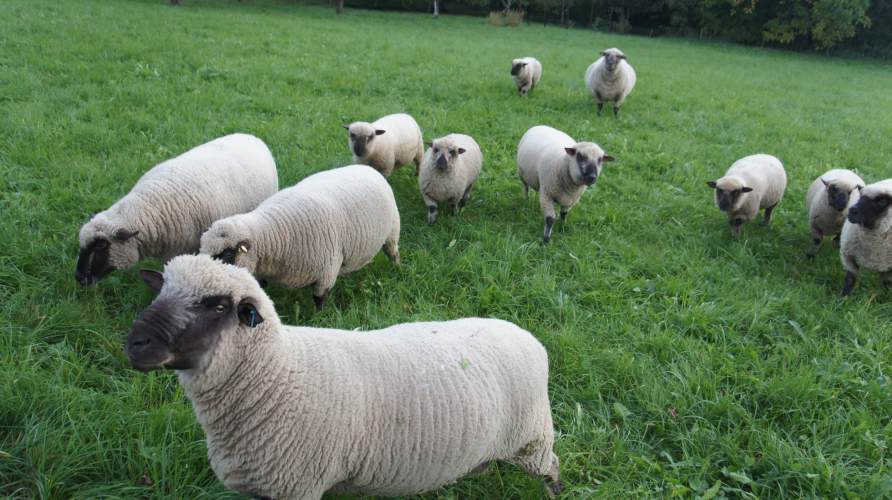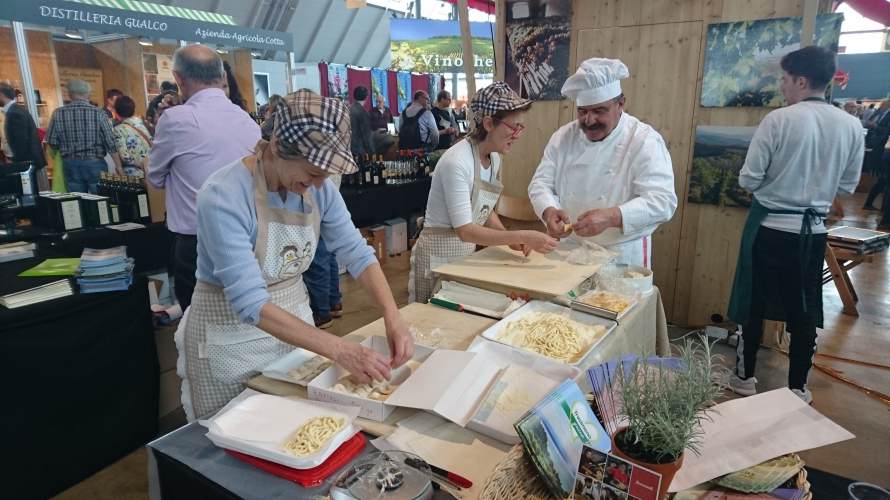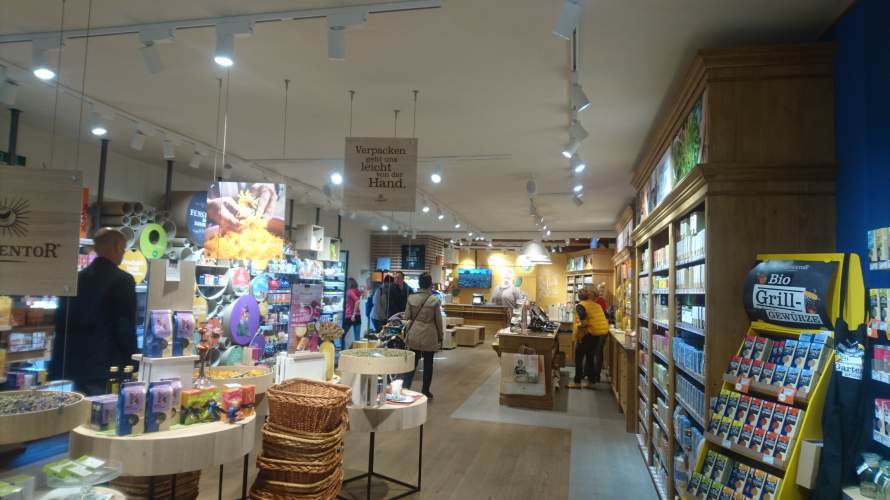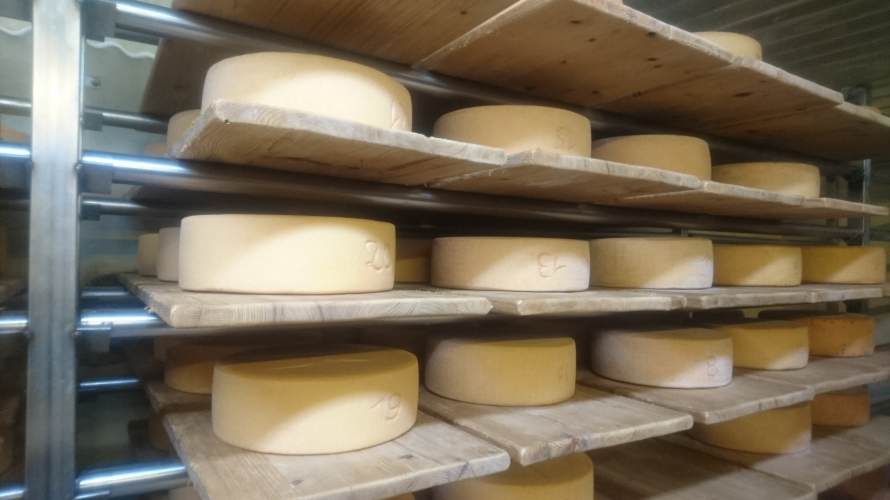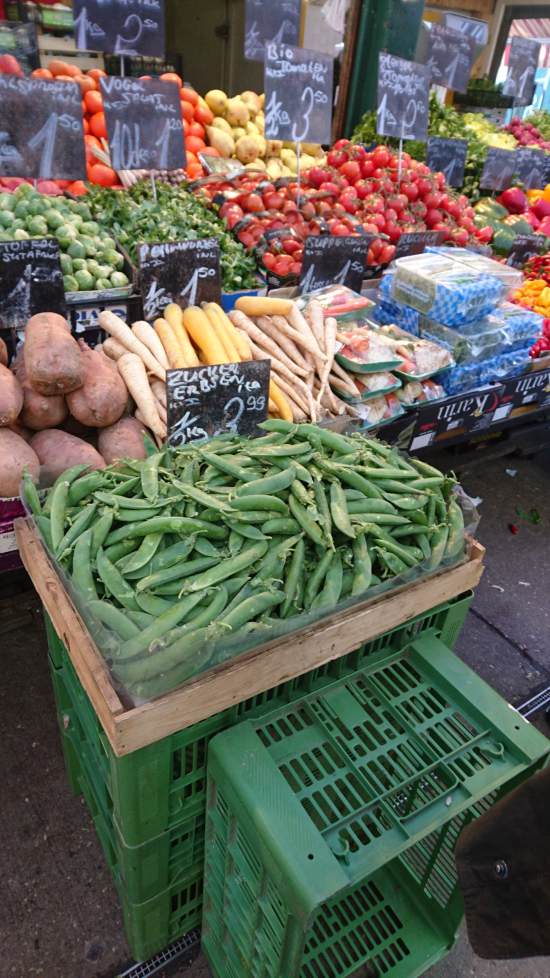Regional Supply Chains
The discussion paper of the Institute for European Environmental Policy (IEEP), prepared in 2011 for the EU Commission, “Developing a regional approach for the Common Agricultural Policy” concludes:
>> A regional approach is described as the most appropriate to address current social and global challenges. The need to support small and medium-sized enterprises (SME) is particularly emphasised. <<
Sustainable food production and processing, whose profits should not bypass the producers, cannot do without small and medium-sized structures. These must be strengthened. High process quality with environmental, animal and consumer protection brings much more added value if it takes place locally and regionally.
Small and medium-sized food producers, who are the backbone of any economy, especially in rural areas, have often been put under pressure and forced out of the market by excessive production and hygiene standards that do not suit their requirements.
In addition to production standards that protect the environment and resources, quality standards, hygiene regulations and origin labelling should also be simplified and adapted at EU level in the interests of small and medium-sized enterprises (including small and medium-sized farms!).
Regional and local, partly artisanal food production and processing need scope to produce authentic quality. If the same standards are applied here as in the industrial sector, practices are prevented, know-how disappears, traditions die out and innovations are slowed down.
This is lowering our food culture and quality (see also “Good & climate-friendly food”).
Read and hear more …
Beste, A. (2023): Indoor Farming – Sustainability Spin or Substance?
Consulting, research, seminars, workshops….
Regional and artisanal processing.
- Is the EU Hygiene Directive slowing down SME?
- Or is it the local authorities?
- Protected designation of origin (PDO), protected geographical indication (PGI) and traditional speciality guaranteed (TSG) – what are the rules and differences?
- Possible solutions and guidelines for artisanal production
- Initiatives and networks
- The pasture gunshot
- Advantages of regional and mobile slaughterhouses
- Regional and local marketing
- Labels for regional products
- Community catering as a sales driver for regional products
- Market hall or farm shop?
- Maintaining local shop diversity with online platforms
- Organic & regional = premium for rural areas
I’m looking forward to discussing with you all these topics, carry out research or provide an overview of initiatives, best-practice examples and legal regulations.
